In the kaleidoscope of global music, Shakira’s “Waka Waka (This is Africa)” stands as a symbol of unity, rhythm, and celebration. Penned for the 2010 FIFA World Cup, the song is an anthem that transcends borders, capturing the spirit of Africa while showcasing Shakira’s unparalleled ability to fuse diverse musical elements into a vibrant, cross-cultural masterpiece.
The Genesis of “Waka Waka”
“Waka Waka (This is Africa)” was penned as the official song for the 2010 FIFA World Cup held in South Africa. The track, featuring the South African group Freshlyground, was written and performed by Shakira. Released on May 7, 2010, just a month before the tournament, the song became an instant sensation, setting the stage for a musical journey that would leave an indelible mark on the world.
Shakira’s Musical Alchemy
Born out of Shakira’s innate ability to blend genres and cultures, “Waka Waka” seamlessly weaves together African rhythms, Latin beats, and pop sensibilities. The song not only pays homage to the host country, South Africa, but also serves as a testament to the power of music to bring people together across continents.
The Album: Listen Up! The Official 2010 FIFA World Cup Album
“Waka Waka (This is Africa)” found its home in the official album for the 2010 FIFA World Cup, titled “Listen Up! The Official 2010 FIFA World Cup Album.” This compilation featured a diverse array of tracks from artists around the globe, creating a musical mosaic that reflected the cultural diversity of the tournament’s host nation. Shakira’s “Waka Waka” emerged as the standout anthem, embodying the infectious spirit of the World Cup.
Shakira and Freshlyground: A Harmonious Collaboration
The collaboration between Shakira and Freshlyground, a South African Afro-fusion band, elevated “Waka Waka” to new heights. The inclusion of Freshlyground’s distinct sound added authenticity to the song, infusing it with the rhythms and flavors of South Africa. Zolani Mahola, the lead vocalist of Freshlyground, complemented Shakira’s dynamic vocals, creating a harmonious blend that echoed the unity celebrated in the World Cup.
The Significance of “Waka Waka” in the World Cup Narrative
Beyond its musical brilliance, “Waka Waka” played a pivotal role in shaping the narrative of the 2010 FIFA World Cup. As the official song, it became the anthem of celebration, echoing in stadiums, fan zones, and living rooms around the globe. The song’s catchy chorus and infectious dance beats turned it into a rallying cry, uniting fans and players alike in the shared joy of the beautiful game.
The Lyrics: Empowerment and Celebration
The lyrics of “Waka Waka” blend English with traditional African languages, embodying a celebration of unity and empowerment. The phrase “This time for Africa” reflects a sense of pride and inclusivity, emphasizing that the World Cup was not just a tournament but a global festival where the spirit of Africa took center stage. The verses, delivered with Shakira’s signature passion, convey a message of resilience and determination, resonating with the tournament’s theme of triumph over adversity.
The Music Video: A Visual Spectacle
The music video for “Waka Waka” further amplified its impact, offering a visual feast that celebrated the beauty of South Africa and the diversity of its people. The video showcased Shakira’s dynamic dance moves, the vibrant energy of Freshlyground, and breathtaking landscapes that served as a backdrop to the World Cup festivities. The visual storytelling in the music video became an integral part of the song’s legacy, enhancing the overall experience for fans worldwide.
Legacy and Global Impact
Beyond the 2010 FIFA World Cup, “Waka Waka” has left an enduring legacy. The song’s infectious rhythm and empowering lyrics have made it a staple in sports events, cultural celebrations, and even classrooms where its multilingual verses become a tool for language learning. The global impact of “Waka Waka” extends beyond charts and awards, resonating with diverse audiences who continue to be captivated by its universal message of joy and unity.
Conclusion: A Musical Tapestry Unveiled
In conclusion, “Waka Waka (This is Africa)” by Shakira stands as a testament to the transformative power of music. Born out of the collaboration between international pop sensation Shakira and South African group Freshlyground, the song transcends its status as a mere sports anthem. It becomes a celebration of diversity, a fusion of cultures, and a rhythmic expression of the vibrant spirit of Africa.
Released as part of the official album for the 2010 FIFA World Cup, “Waka Waka” has etched its place in the annals of music history. Its catchy beats, multilingual lyrics, and visually stunning music video have made it a global phenomenon, resonating with audiences far beyond the football stadiums. As we revisit the journey of “Waka Waka,” we uncover not just a song but a musical tapestry that unites people, celebrates diversity, and encapsulates the joyous essence of the beautiful game. Shakira’s “Waka Waka” is more than a melody – it’s a rhythmic celebration that continues to echo “This time for Africa” in the hearts of millions around the world.
.- Youtube.com – Wawa (This is Africa) by Shakira Link here.
.- lyrics Wawa (This is Africa) by Shakira Link here.


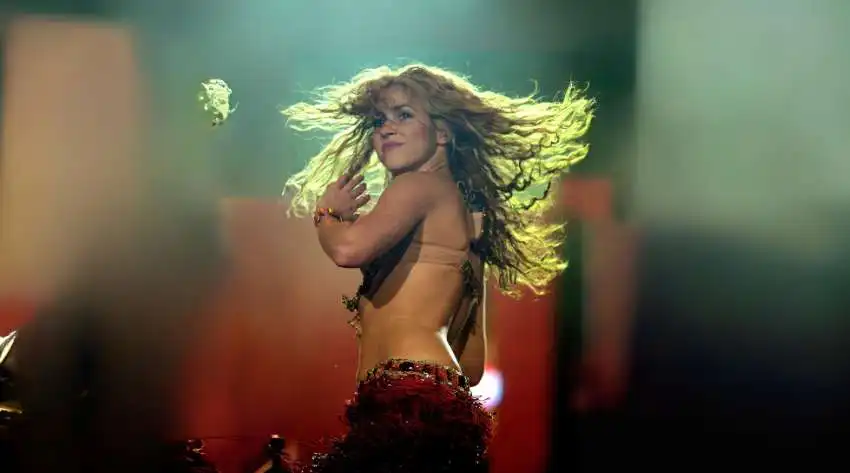
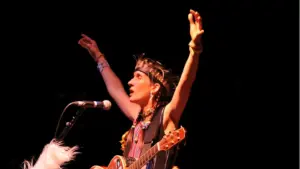


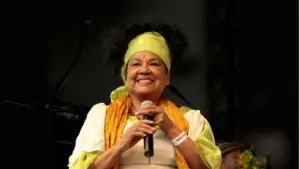


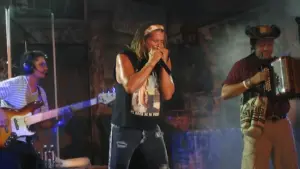
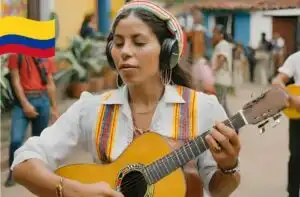
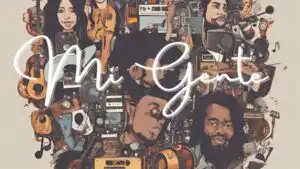
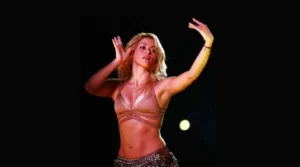

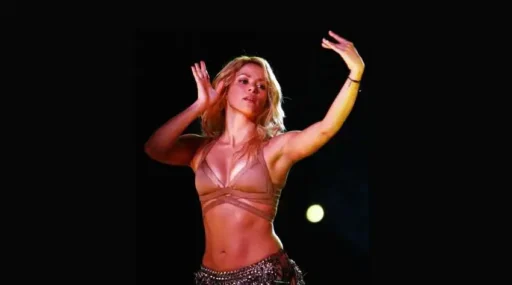


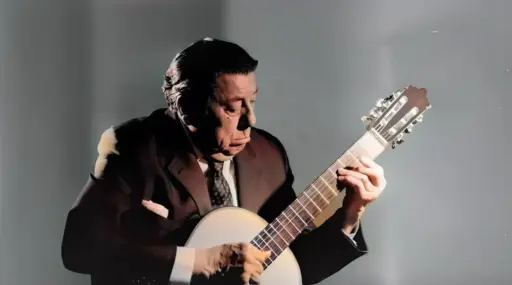
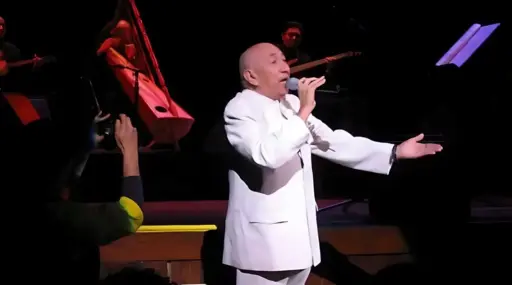
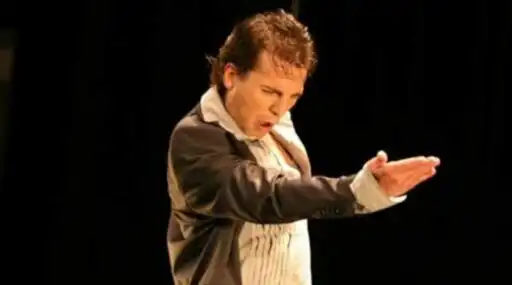


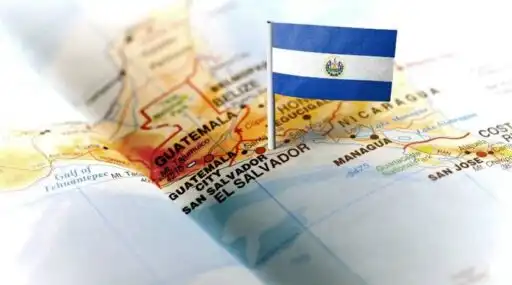


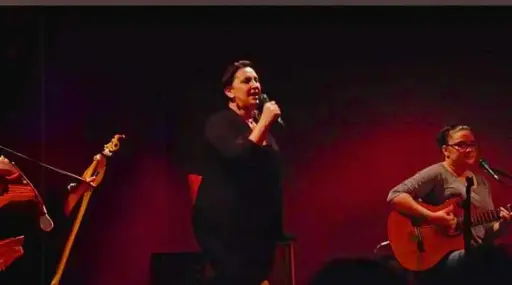


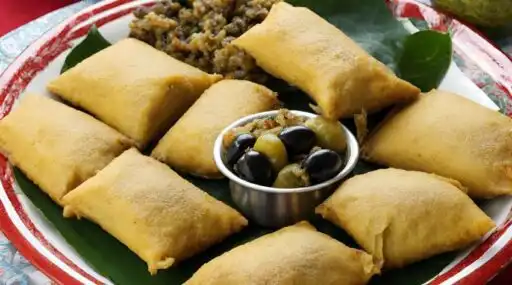


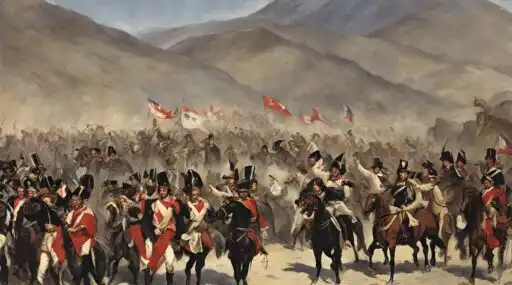
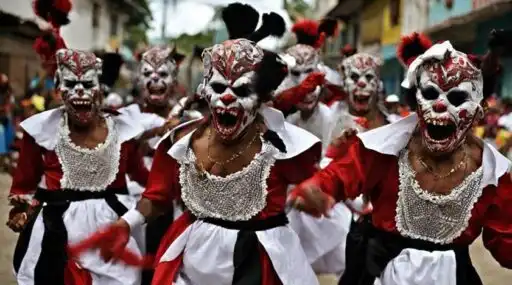

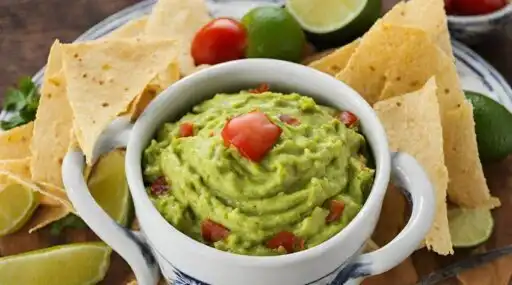
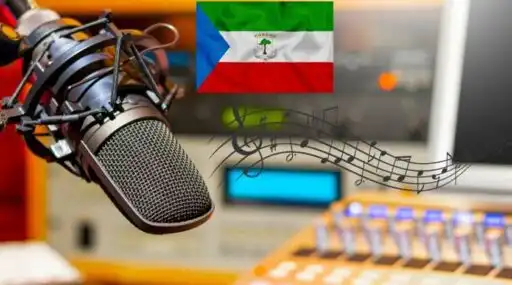


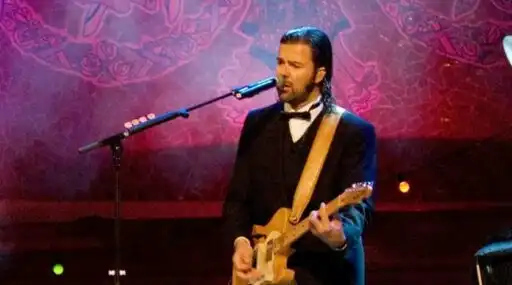

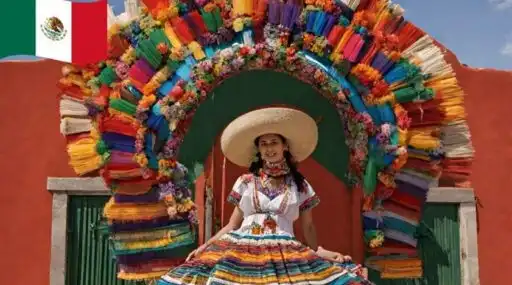
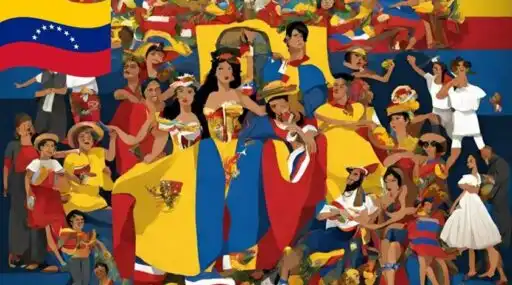
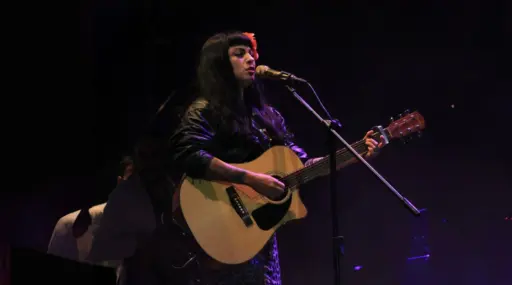
Leave a Reply